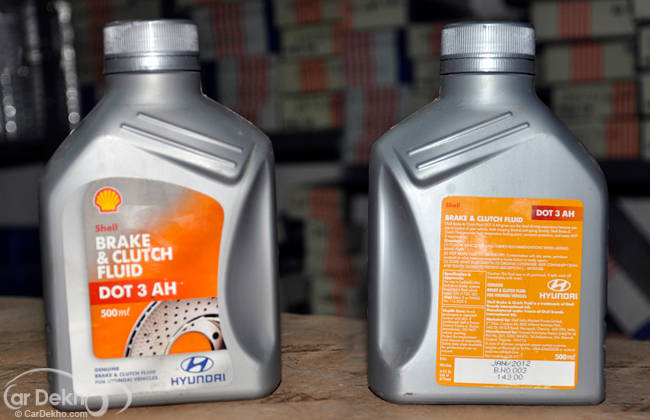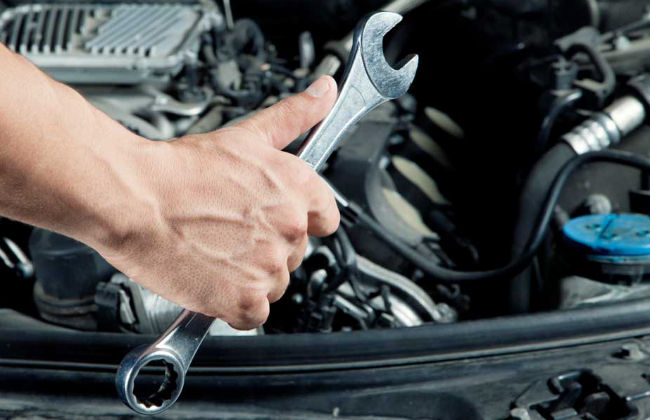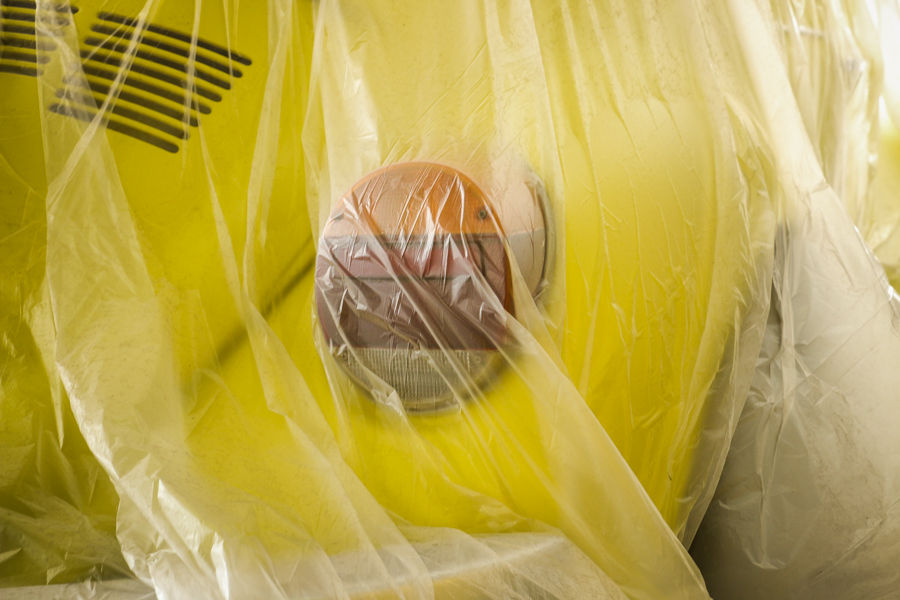Take care of your car, and also its parts!
Published On Nov 26, 2012 04:10 PM By Kritika
- 2.4K Views
- Write a comment
When it comes to consumables or medicines, everyone makes it a point to check their expiry date. And that is undoubtedly a wise thing to do. However, do people pay as much attention to their cars and employ the aforementioned advice in relevance to the life of their car too? The answer, surisingly, is a big fat no. In the modern times of today, cars, along with technology, have evolved into such passionate creations that their definition surpasses the mundane description of them being just a pair of wheels that helps you commute. Nowadays, a car is a direct reflection of mankind's love for technology and ingenious inventions. Hence, the more advanced the technology is, the more delicate a car tends to be. And given the fact that most car owners have a pretty tight schedule, their hot wheels tend to suffer at the hand of neglect. This lack in maintenance shortens a car’s life, making it prone to break-downs and other problems.
The best way to giving one's car a longer life and to safeguard it from breakdowns is adequate care and maintenance. Other than getting the car serviced at regular intervals, it is imperative that attention is paid to its little and yet, important parts like the engine oil, tires, etc.
Hence, here is a low-down of car parts, their life expectancy and the attention they need in order to keep your going for long.

Engine Oil: The engine oil is an oil used to lubricate the car's various internal combustion engines. It basically keeps all the metal components in the engine from grinding together and tearing themselves apart due to the friction created. Generally, one can depend on the manufacturer's instructions regarding the change of engine oil. But it is yet recommended that car owners change the engine oil every 12-18 months or 10,000km. Over time, the engine oil's viscosity is reduced and consequently, its lubricant value is also lowered. This can cause higher wear and tear of the car's internal mechanism, which can result in grave damage to the car's engine.

Brake Oil: Brakes are of paramount importance when it comes to the safety of a car, and it is the car's brake oil or brake fluids that help maintain its safety standards in terms of braking powers. Brake oil is important to the braking system since it transfers the force created directly onto the wheel hub when the driver applies brakes. Application of force on the brake pedal generates heat that affects affect the brake oil, often turning it into vapour, especially under heavy or prolonged braking. One may not know, but a car's brakes can work upto their full potential only if the oil is liquid and not so hot that it has become vapour. Hence, it is of extreme importance that the braking system is checked and maintained after every 10,000km and should be replaced every three years. But one must change the fluid immediately if the liquid inside the brake oil container looks dark and thick in order to prevent any loss of braking power.

Timing Belt: This one is the least well known parts of a car that plays a crucial role in maintaining both, the car's safety and also its life. A timing belt or cam belt, as it is informally known, is a part of the internal combustion engine that controls the timing of the engine's valves, allowing the engine to run smoothly. The belt's changing interval varies from manufacturer to manufacturer and also the car model. Ideally, it should be changed between 60,000 - 80,000 kilometres, a fact which normally finds a mention in the car's manual. The employment of a damaged timing belt can cause engine seizure over time. It also affects the valves and piston, which eventually implies a high repair cost.

Tyres: One often tends to forget the importance of maintaining the car's tyres, despite tehm being the only point of contact between the car and the road. Hence, it is important to pay attention to their quality and performance to ensure the car's safety and movement. First and foremost, the car's tyres should be changed every six years. Nonetheless, an accurate prediction of a tyre's serviceable life in advance is impossible. A tyre is made of several materials and rubber compounds that directly affect its performance. Furthermore, a tyre's performance also depends upon other factors such as weather, storage conditions, and conditions of use. Hence, driver's are strongly advised to inspect their tyres regularly.

Air Filter: Air filters are responsible for the supply of air to the engine's combustion chamber. Today's automobiles require clean air before it enters into the engine's combustion chamber. If the air is not clean, it may lead to dust, dirt and debris to quickly clog the air filter, which affects the fuel-air mix, which in turn affects the engine's performance, fuel economy, and also the car's life. Foreign particles act as abrasives on the metal parts of an engine, wearing away at engine bearings, piston rings and cylinders. Car manufacturers recommend that air filters should be changed every year or after 20,000km, whichever comes first.

AC Refrigerant: Ideally, the car's air conditioning system should be checked annually. However, one should immediately check the the vehicle's air conditioning system if the air coming out of the vents is not as cold as it should be. Also, a regular recharge of the gas is highly recommended.

Puncture Sealant: The expiry date of a tyre punture sealant can range anywhere from 3 to 8 years from the given manufacturing date. However, an open bottle's contents tend to expire much faster.

Fire Extinguisher: Normally, a car's fire extinguisher should be changed after every 2 to 3 years. An expired extinguisher might lead to a leak in a heated cabin and also the loss of effectiveness, making it incapable of extinguishing fires in case of an emergency.
Photography by: Sitaram Swami
0 out of 0 found this helpful











